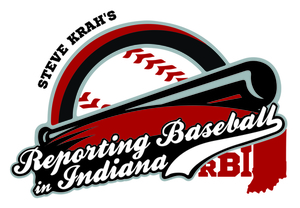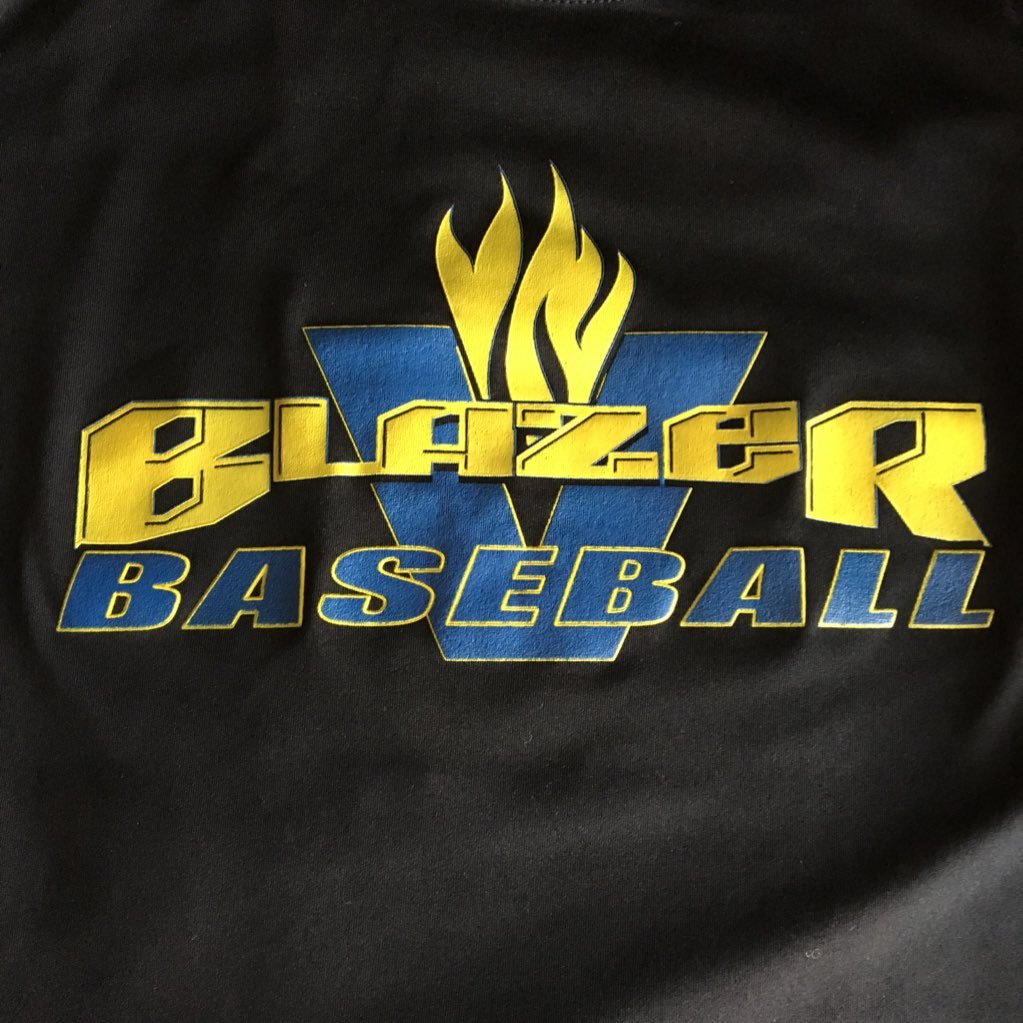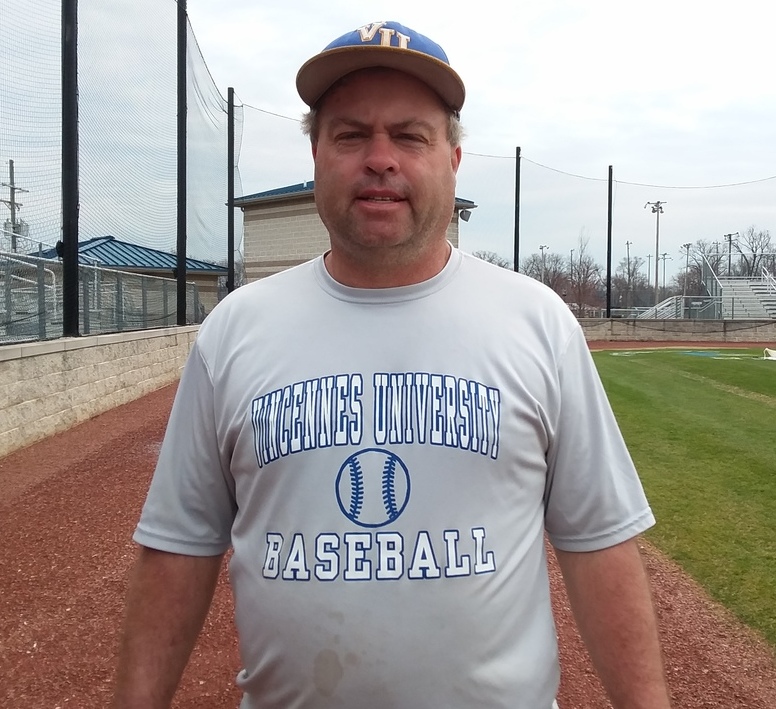
BY STEVE KRAH
Evan Jurjevic is where he wanted to be in the world of baseball.
“It was my ultimate dream to work with a professional baseball team,” says Jurjevic. “Although I didn’t get to play for them I’m still able to be involved with baseball and the organization I grew up watching which is pretty awesome.”
Hired in July 2021 as Doctor of Physical Therapy for the Chicago White Sox, LaPorte (Ind.) High School graduate Jurjevic works with players from rookie ball to the major leagues at Camelback Ranch in Glendale, Ariz.
That’s where the White Sox conduct spring training and wear the Arizona Complex League team plays during the summer.
Jurjevic helps players with rehabilitation to get them back to their team within the organization.
After the season, it tends to be less busy but it is a year-round job.
While each player is different, Jurjevic says the majority of injuries for pitchers are shoulder to elbow. The most common ailment for position players is hamstring pulls.
“We make sure they go through a throwing progression or a mound progression for pitchers,” says Jurjevic. “We make sure position players do a full baseball program and that they are ready for game play.
“The prime goal for us is to get them back to what we feel like is their full self.”
Jurjevic looks to get position players’ shoulders strong and stable and will often have them use plyoballs with light throwing movements followed by a throwing plan.
“We want to get them back to making the throws they are used to making in a game situation,” says Jurjevic.
Player development and upper management personnel decide where the athlete goes after physical therapy. Big leaguers sometimes are sent on a rehab assignment to a lower affiliate in the system.
White Sox farm teams are in Charlotte, N.C. (Triple-A), Birmingham, Ala. (Double-A), Winston-Salem, N.C. (High-A) and Kannapolis, N.C. (Low-A) with rookie clubs in Arizona and the Dominican Summer League.
“With an ACL (anterior cruciate ligament injury) or Tommy John (elbow rehab) they’re obviously going to spend more time out here, but we want to make sure they’re ready to go and get them out as quick as possible,” says Jurjevic. “Their job is to play baseball.”
Also in Glendale, the organization has a rehab pitching coach (Michael Bradshaw) and the pitching coach assigned to the ACL White Sox (former Mishawaka, Ind., Marian High School, Valparaiso, Ind., University and White Sox minor league pitcher Drew Hasler).
“We try to integrate guys to make sure they don’t feel they’re just in rehab,” says Jurjevic. “They are still a part of the White Sox organization. They are not out on an island by themselves just doing rehab.”
Depending on where they are in the process, players will go physical therapy and then do weight lifting and conditioning.
“We’re working on the entire body and not just the injury,” says Jurjevic. “Once that injury is healed, their entire body is ready to perform.”
After graduating from LaPorte in 2010, Jurjevic played at Carson-Newman University in Jefferson City, Tenn., where he was an all-South Atlantic Conference selection and a two-time team captain.
He graduated with a B.S. in Exercise Science and M.S. in Education with an emphasis in instruction and curriculum and later earned a Doctorate in Physical Therapy (DPT) from the Rinker-Ross School of Health Sciences at Trine University in Angola, Ind.
Before going to the White Sox, Jurjevic spent two years at Parkview Athletic Rehabilitation in Fort Wayne, Ind., working with athletes.
He owns a number of certifications, including CSCS (Strength and Conditioning Specialist), VBT (Velocity Based Training Certification) and C-PS (Champion Performance Specialist).
Jurjevic, 31, is also owner and director of Diamond Performance Academy in Fort Wayne, which operates out of Empowered Sports Club, 12124, Lima Road, and oversees the Indiana Chargers 14-18 travel baseball teams.
“Taking my playing experience and my education and working with wide range of athletes I’m able to provide my players with information I wish I had at their age,” says Jurjevic. “I see everyday what it takes to get to the next level and I’m put an emphasis on it for younger kids.
“Ultimately, they are athletes that want to excel. Providing them with proper information helps them reach their end goal.”
The instruction is not limited to the Indiana Chargers.
“Any baseball player who is high school age can come train with us,” says Jurjevic, who comes back to Indiana a few times during the off-season and has hired Reese Kuhns and Brett Wiley as lead instructors. Fort Wayne Snider High School graduate Kuhns was a catcher at Heidelberg University in Tiffin, Ohio. Huntington North High School alum Wiley played middle infield at the University of Evansville and Jefferson College in Hillsboro, Mo., and in pro ball.
Kuhns has been the with Indiana Chargers for three years. This is Wiley’s second year.
“They’re doing a very good job of developing players and continuing what (founder) Joel Mishler’s mission was with the Indiana Chargers. What he set in place in 2008 is the correct way of doing things.
“Our goal is to help players maximize their baseball skill set in areas that scouts are looking for: Are you fast? Do you have a good arm? Do you have good fielding actions? Do you hit the ball to all fields with power?
“We do a combination of baseball skill training and also strength and conditioning. We feel like that will help improve baseball performance.”
The Indiana Chargers fielded six teams in 2023. The plan is for four in 2024.
The driving force is development.
“Winning rings is fun and makes the experience cool,” says Jurjevic. “But, ultimately, college coaches aren’t looking for trophies. They’ve looking for quality characteristics in baseball players and good skills.
“They want quality people who are also really good at baseball.”








